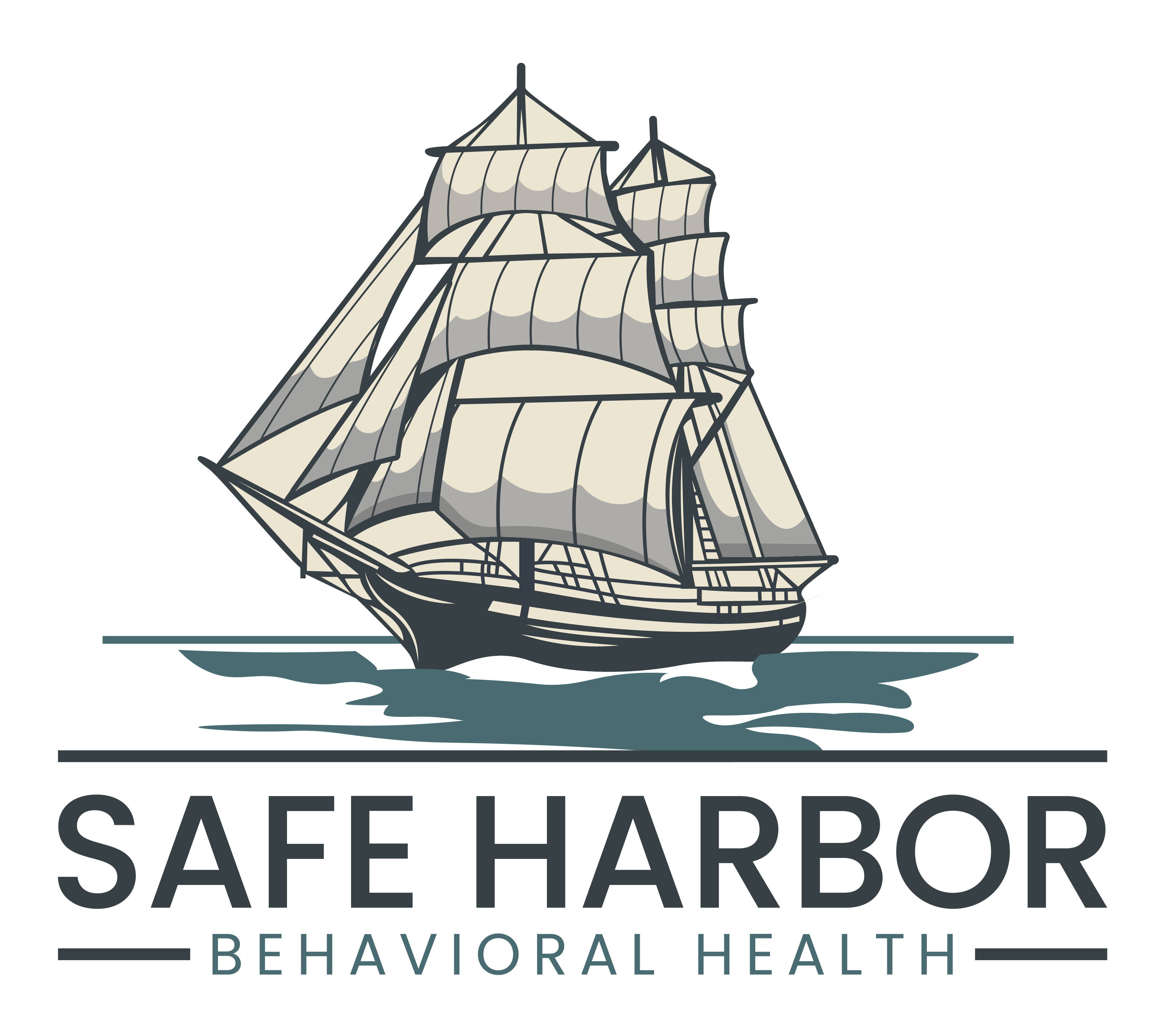In today’s hyper-connected world, access to explicit content is just a tap away. What once required effort and secrecy is now readily available on smartphones, tablets, and computers. While many individuals view adult content without consequence, for some, casual consumption can evolve into an uncontrollable habit—commonly referred to as porn addiction.
Recognizing the signs of this behavior is essential. Understanding when use becomes excessive can help individuals intervene before serious consequences take hold. This article outlines what porn addiction is and highlights eight key warning signs that may indicate the need for professional help.
What is Porn Addiction?

Though not formally listed in most psychiatric diagnostic manuals, porn addiction closely resembles other behavioral addictions. At its core, it involves compulsive and repeated use of pornography despite harmful effects on one’s emotional health, relationships, work, and daily routines.
Those affected often feel powerless to control their viewing habits. They may spend large chunks of time watching porn, use it to cope with difficult emotions, and struggle to stop—even when they truly want to. Like any addiction, it can trigger cycles of shame, secrecy, and emotional distress.
8 Warning Signs of Porn Addiction
1. Loss of Control
A major red flag is the inability to stick to self-imposed limits. An individual may say they’ll cut back—perhaps only watch once a week or avoid it during workdays—but find themselves breaking those rules again and again. Over time, it can feel as if porn is running the show.
2. Growing Time Spent on Porn
What starts as occasional viewing may steadily increase. Hours might pass without notice, interfering with work, studies, and relationships. This escalation often results in missed deadlines, underperformance, and strained interactions with loved ones.
3. Emotional Reliance on Porn
Rather than facing emotions head-on, some turn to pornography as a coping mechanism. Whether dealing with stress, loneliness, or sadness, porn becomes a temporary escape. Unfortunately, this short-term relief often deepens emotional challenges over time.
4. Seeking More Extreme Content
As tolerance builds, satisfaction may require increasingly intense or graphic material. This progression can lead to viewing content that feels uncomfortable or at odds with personal values—often followed by feelings of guilt or distress.
5. Neglecting Daily Responsibilities
When porn takes up a substantial portion of one’s time and energy, other parts of life are likely to suffer. Hobbies may fade, relationships can deteriorate, and job or academic performance might decline. Daily commitments become secondary to the compulsion.
6. Persistent Shame and Guilt
While occasional guilt is normal, individuals with porn addiction often feel deep and ongoing shame. They may vow to quit, fall back into old patterns, and then feel worse than before. This cycle can damage self-esteem and contribute to emotional instability.
7. Repeated, Failed Attempts to Quit
A strong indicator of addiction is the inability to stop, despite a genuine desire to do so. Someone may try to set boundaries, uninstall apps, or avoid triggers—but relapse soon follows. Each failed attempt adds to feelings of helplessness and discouragement.
8. Strained or Broken Relationships
Porn addiction can create distance in romantic relationships, especially if use is kept secret or causes intimacy issues. Partners may feel betrayed or disconnected, and trust can erode. In some cases, distorted views of sex and unrealistic expectations worsen the divide.
Get Help With Porn Addiction in Gloucester, MA
Porn addiction can have a profound impact on emotional health, relationships, and daily life. Recognizing the early signs is the first step toward recovery.
If you or someone close to you is battling addiction, Safe Harbor Behavioral Health offers compassionate, effective support.
Reach out to us anytime at (888) 617-3070 or info@safeharborbh.com. You’re also welcome to visit us in person, 24/7, at 11-15 Parker St, Gloucester, MA 01930.
Safe Harbor Behavioral Health offers treatment options such as therapy, support groups, and open dialogue—which can all break the cycle of secrecy and isolation.
Recovery is possible—and it often begins by simply asking for help.
Take the first step today. A healthier future is within reach.

